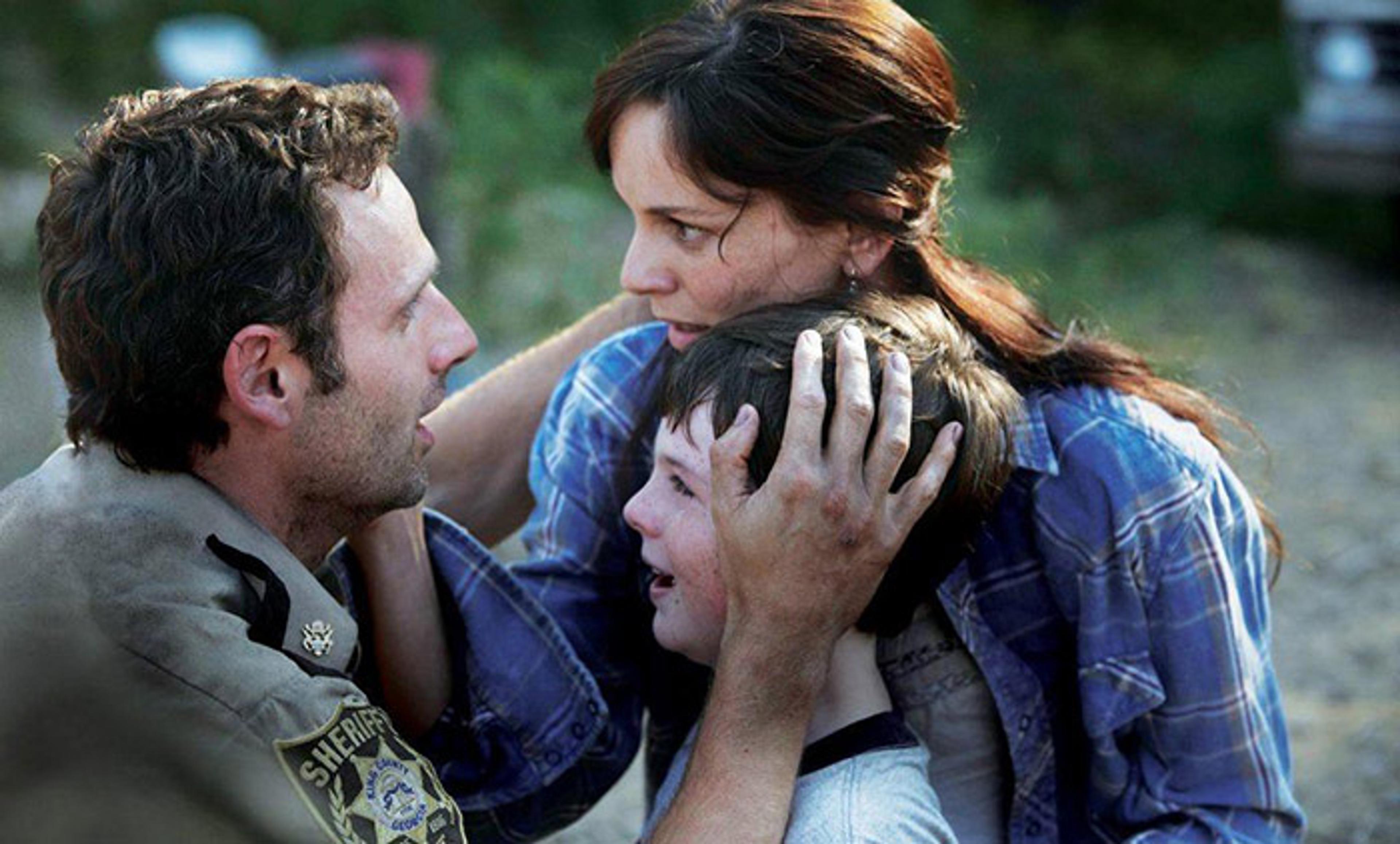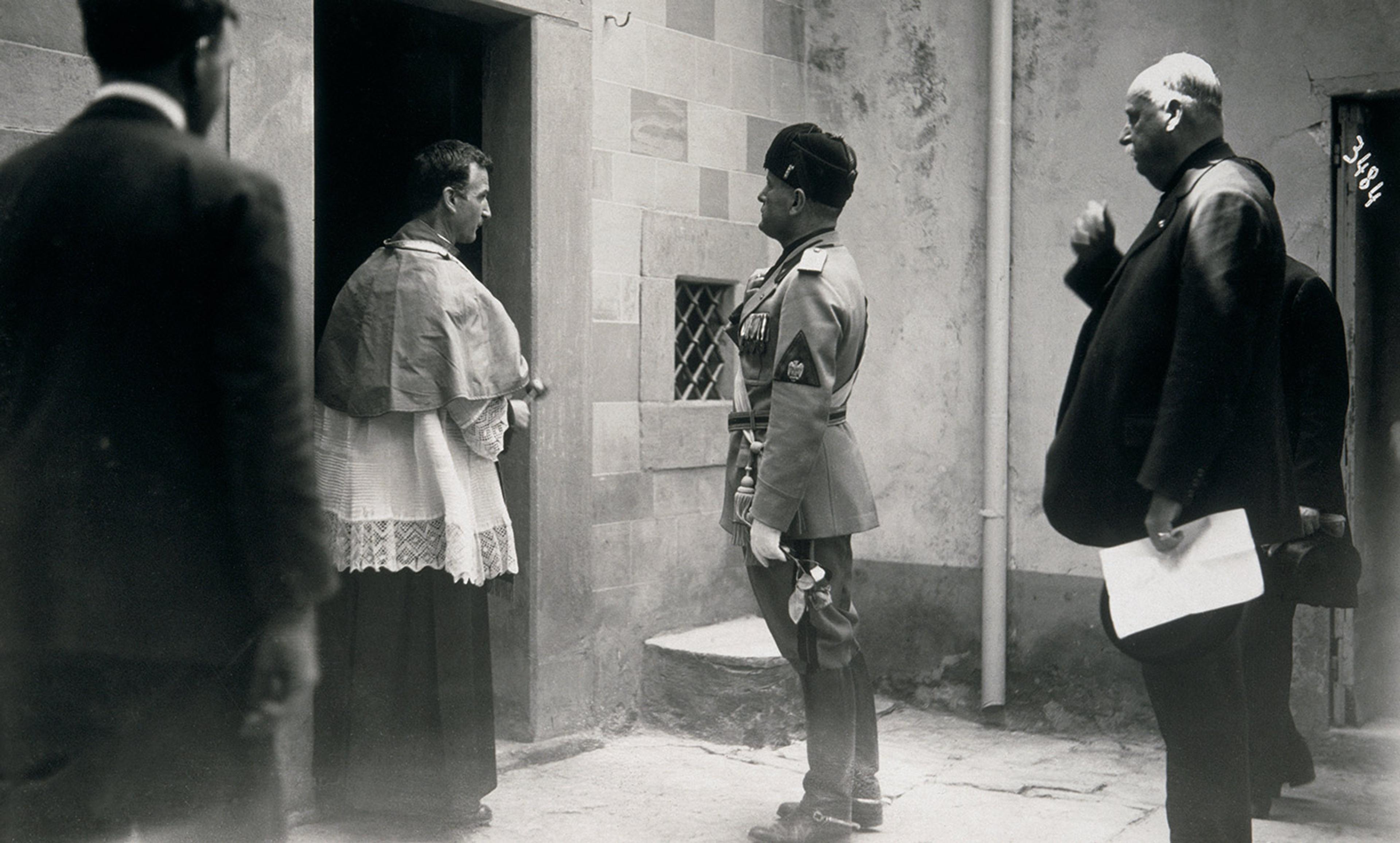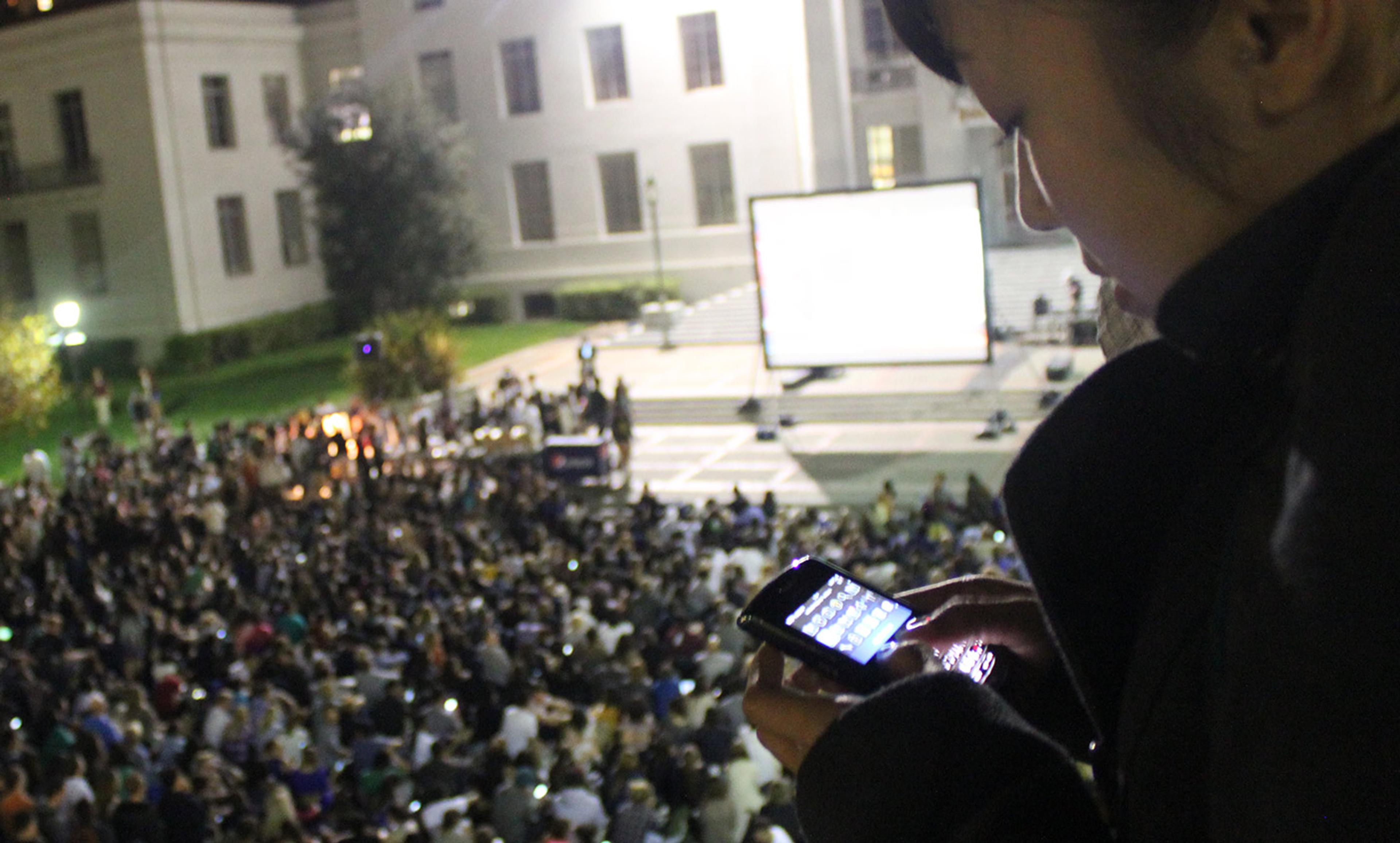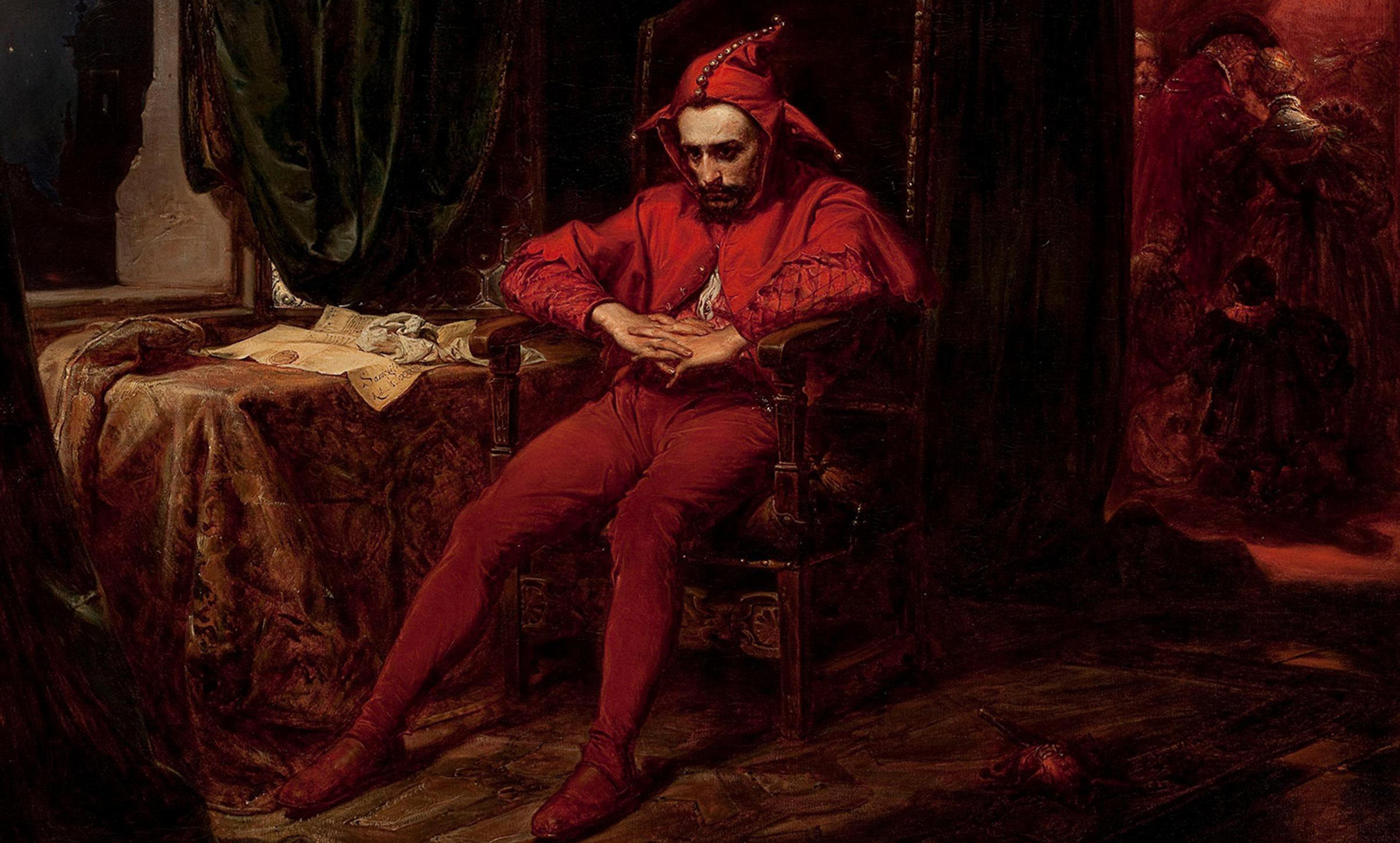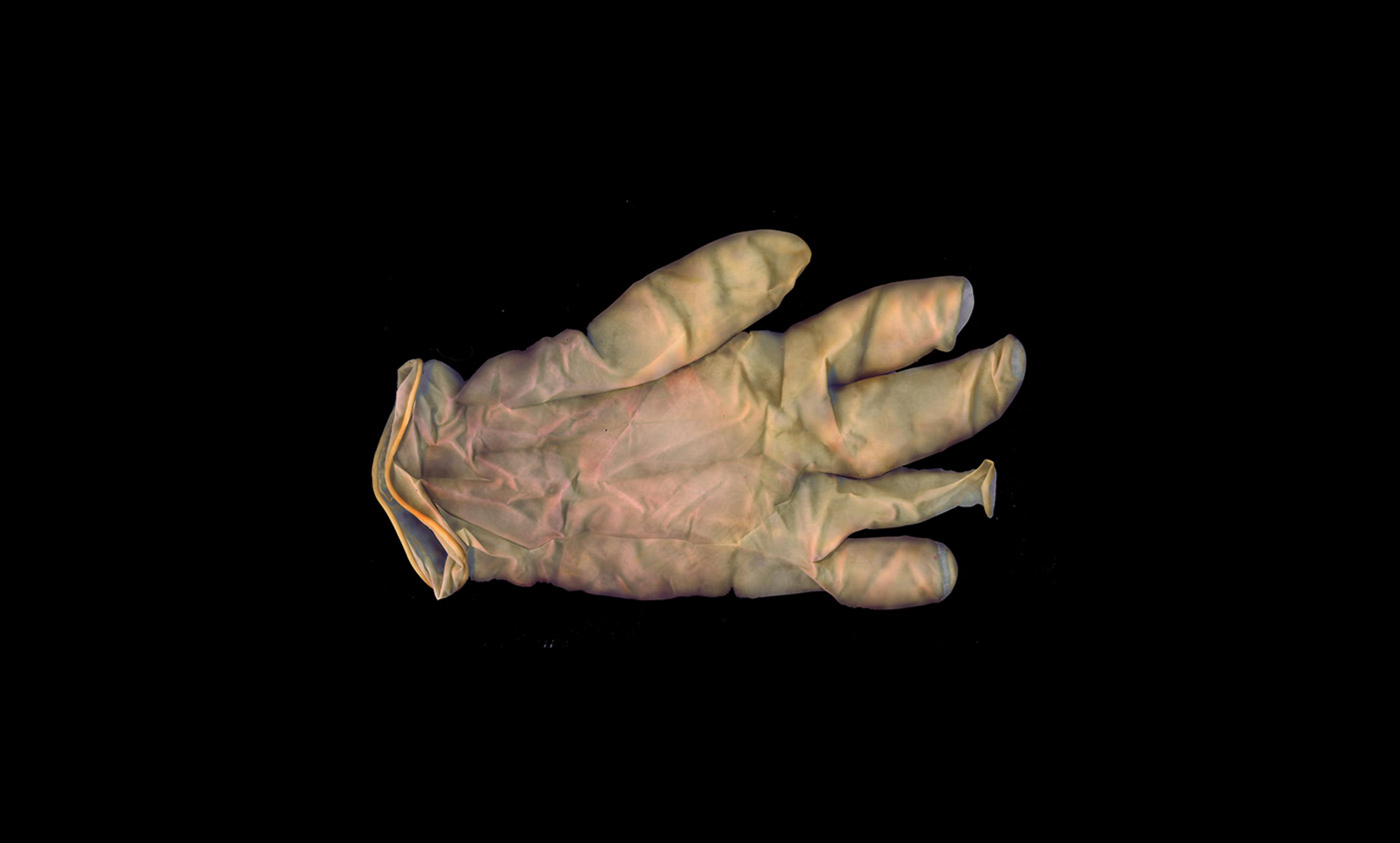Rick Grimes (Andrew Lincoln) and family in The Walking Dead TV series. Courtesy AMC
Our present, many have noted, is a new golden age of television, defined by the rise of a range of sophisticated, creative and powerful serial shows. We know that, time and again in history, forms of art arise to meet the demands of even the most profound and unsettling changes in the world. Several centuries ago, it was the novel and its alleged ability to engage with what the Hungarian philosopher György Lukács in 1914 termed our ‘transcendental homelessness’. After that came film, and – as thinkers from Walter Benjamin to Robert Warshow noted – its ability to give some order, at least for a couple of hours, to our otherwise discordant experience. ‘All care about movies, await them, respond to them, remember them, talk about them, hate some of them, are grateful for some of them,’ is how the philosopher Stanley Cavell put it in The World Viewed (1979). Moving images, in other words, have an inherent egalitarian quality: you need little more than an ability to acknowledge motion and sound to appreciate them.
To what moment does the rise of television respond? And what is the significance of this medium? Above all, new television responds to an omnipresent loss of normative authority, of a robust failure of humans to feel at home in their world: to trust their governments, their leaders, their role models, their traditions and, ultimately, even their senses. New television confronts this state of affairs artistically and politically, presenting – like film – some order to such a world, but over weeks and months and years.
Within these shows, the family emerges as the sole site where normative authority still exists: it is the only motivation that still makes any sense. If one had to count the number of characters that are doing whatever it is they’re doing ‘for their family’, one would likely produce a number almost equivalent to the number of new TV shows. In this context, think of shows as diverse as Sons of Anarchy (2008-14), a drama about motorcycle gangs, to Weeds (2005-12), a comedy about the suburban drug trade, to The Americans (2013-), a thriller about Soviet-era spies, to True Blood (2008-14), a political vampire show, to Six Feet Under (2001-05), a funeral-home drama, to Peaky Blinders (2013-), an early 20th-century British gangster show, to name just a few.
In The Origins of Totalitarianism (1951), Hannah Arendt worried about the atomisation that the modern world produces, an atomisation that fuels the creation of masses. Masses – collections of individuals who are essentially nobodies, that is who, as the expression goes, stand for nothing and thereby fall for anything – are the main input into the totalitarian phenomena that drives her work. Arendt notes that masses grow out of ‘a highly atomised society’ marked by its ‘competitive structure and concomitant loneliness’. Since Arendt wrote those words nearly 70 years ago, we can now say only that our masses are more atomised, more competitive, and thereby more lonely. The reasons driving these changes include the rise of hyper-capitalism, the disintegration of various forms of authority, and the difficulties in establishing new ones, the spread of neocolonialism, the resurgence in racial thinking, and more.
Frequently linked to David Lynch’s Twin Peaks (1990-91), new television reveals a pedigree that connects it to, and perhaps even better actualises the possibilities of, film. (It is not by accident, then, that Lynch recently claimed that television and cinema ‘are exactly the same thing’.) So, television matters as art, and to a great many. But why?
Behind new television’s response to contemporary affairs are rich political currents. Note the extent to which new TV forcefully responds to the radical atomisation definitive of our world. Whether we are talking about police procedurals (The Wire, The Shield), sci-fi epics (Fringe, Dollhouse, Battlestar Galactica), legal dramas (Better Call Saul, Damages), gangster shows (Peaky Blinders, The Sopranos), westerns (Deadwood, Justified), period pieces (Mad Men, Boardwalk Empire), or whatever else in between and beyond, new TV presents the viewer with a ubiquitous collapse of normative authority. Whatever institutions are being exhibited, in whatever domain, they are presented as incapable of sustaining the agents who make use of them: nothing is what it claims or aspires to be, and everything rots from within, a breakdown that ultimately undermines the capacity of agents to feel at home.
In this way, The Walking Dead (2010-) is the blueprint for the genre. The Wire (2002-08) traces the loss of such normative authority and the emptiness that comes with it in meticulous detail through an examination of Baltimore’s various institutions. Deadwood (2004-06) follows it through the social disorder of the early American West, and Breaking Bad (2008-13) within contemporary science or the gangster underworld. The Walking Dead is even less subtle. It bludgeons the viewer with it in the form of a zombie apocalypse. In this way, the loss of normative authority that these shows exhibit perfectly captures, and thereby responds to, the loss of normative authority that agents feel across the globe.
How might we understand new television’s invocation of the family? The first thing to note is that these invocations are not commitments to traditional ‘family values’, where what’s being affirmed is a nuclear family: the range of families for which characters act are quite broad and often not traditional. We are not dealing here with reproduction or property. Yet, we shouldn’t think that these invocations aren’t potentially regressive. Most new TV presents and responds to the increasing atomisation and the breakdown in our world by withdrawing into and idolising the institution most representative of it.
The family is conceived as the last site of functioning normative authority; it is presented somehow as exempt from the otherwise pervasive breakdown. The family, however, cannot carry this messianic weight – it will not be what saves us. At the same time, there are shows – here I would place Weeds (2005-12), Justified (2010-15) and Buffy the Vampire Slayer (1997-2003) – that locate their commitment to the family around the idea of the family as our best metaphor for political possibility. On such a view, the invocation of family signifies only a commitment to the sort of openness and ‘thinking without banisters’ that Arendt described as essential to contemporary politics.
‘Thinking without banisters’ suggests that ability to introduce something new into the world, an ability that responds to a particular phenomenon by inventing the sort of concept or category that orients our relationship to it. In this way, such thinking operates independently of (even as it responds to) any existing normative authority; it is thereby entirely compatible with a seemingly total loss of such authority.
In short, the successes of new television harness the family to present a political picture that extols novelty, suggesting that, if anything saves us, it’ll be something wholly human and yet wholly new. The great achievement of new television, then, like all good art, is its ability to bring into focus elements of the existing world even while suggesting that our focus cannot be only on these elements, or indeed on any presently existing elements. New television, however, excels and sometimes shows its radical potential (even more so than film, which always harbours the avant-garde), in the simple fact that it requires no training or deep learning to bear its fruits, remaining accessible essentially to anyone.
